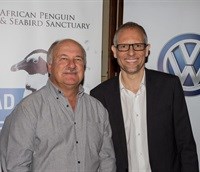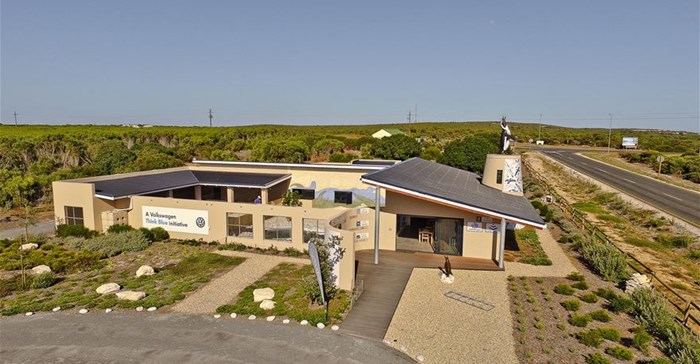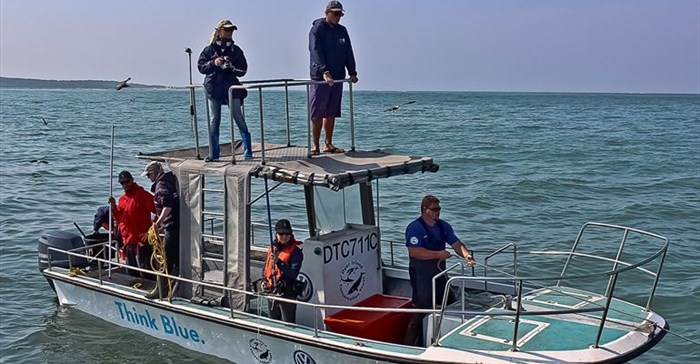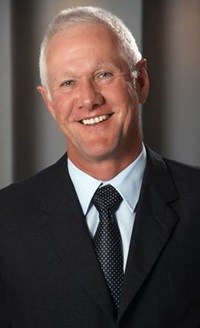
Founded by Wilfred Chivell in 2006, the Dyer Island Conservation Trust (DICT) is in the business of conserving the critical marine ecosystem of Dyer Island in Gansbaai, Western Cape. The 20ha island, which is managed by CapeNature and the surrounding ocean, is home to the Marine Big 5 – African Penguins, Great White Sharks, seals, dolphins and whales – and seabirds. Together with CapeNature, DICT started the African Penguin housing project to address the issue of the lack of breeding habitat for this species. Chivell designed a unique penguin home modelled on its natural burrows, a design that was lauded both nationally and internationally.
VWSA’s partnership with DICT started in 2011 with the sponsorship of two vehicles which were utilised to assist with activities such as beach rescues and general running of the organisation. Later on, Volkswagen became the primary supporter of the Lwazi Research Boat which is used by marine biologists to study the behaviours of the Great White Shark. Volkswagen again partnered with the DICT for the construction of the African Penguin and Seabird Sanctuary (APSS) which conserves, rehabilitates and conducts research into the endangered African Penguins and other seabirds found on Dyer Island. Furthermore, Volkswagen covers the operational costs of the APSS.


A lack of funding is a thorn in the side of any small business, even more so for a micro social initiative operating in a small fishing town – which is what DICT was a decade ago. "One of the things that changed the Trust completely, and for the better, was the support from Volkswagen," Chivell says. But as he was soon about to discover, the value of sponsorship from a multinational brand like Volkswagen extends beyond the direct investment; it also brings immense credibility.
Shortly after securing the sponsorship, Chivell was approached by other willing investors. One of them, Chivell says, donated R1million, confirmed with only a handshake and the good samaritan’s words “I’m not going to check you out, I assume Volkswagen would have done that already.” By Monday afternoon, the money was in the account. The importance of the sponsorship deal hit home: gaining the trust and support of a big brand has ripple effects, and can be the difference between making it or breaking it as a business.
Also present at the birthday celebration was Matt Gennrich, VWSA’s general manager for communications, who asserted “I have never seen a sponsorship relationship work as well as this one.” These words are not to be taken lightly as Gennrich is no stranger to playing an intrinsic role in many of VWSA's CSI projects, including the Forever Wild Rhino Protection Initiative and the massively successful loveLife Youth Centre in Uitenhage, which offers support and services to up to 1000 youths per day.

Owing to his experience with CSI partnerships and his knowledge of what works in fostering successful relationships of this type, I caught up with Gennrich for some brain-picking. According to Gennrich the following are points for corporates to consider prior to entering into a sponsorship partnership.
Stability: Ensure that the organisation is stable. Do your research and check its track record. If it’s a community project, is it actually making a difference? Is it an organisation that works for a selfless purpose or is there an ulterior motive?
Brand fit: The partnership needs to be a brand fit for both organisations in order to be symbiotic and beneficial. The brand qualities of the two enterprises should complement one another. “In the case with DICT, our brand gives credibility to their organisation, but at the same time DICT gives us credibility in terms of changing perceptions that Volkswagen is perhaps not environmentally friendly.”
Mutual respect: An honest relationship needs to be in place, along with an understanding of what each entity brings to the party and, importantly, what each one takes away. It should not be pure advertising for the sake of getting your logo displayed – seen often in sports sponsorships. There has to be mutual respect for both brands as well as the people involved. “There’s who are you as an organisation and there’s who are you as people, and it takes a deep understanding of both of these elements to forge a successful partnership.” And a bit of brand chemistry doesn’t hurt either.
